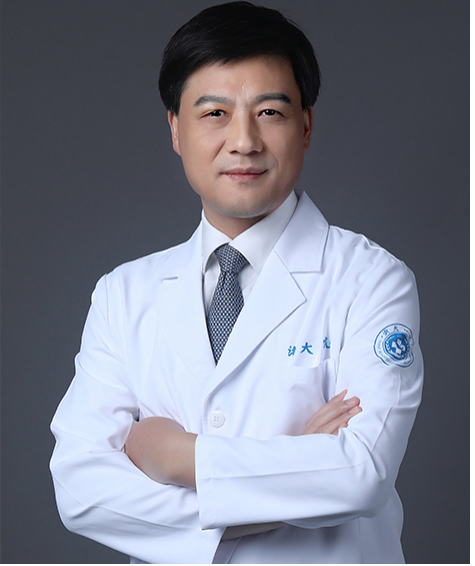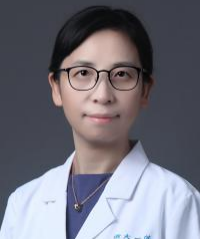Monday
1st Week: Introduction & Welcome, Program overview and objectives, Department introduction
Weekly: Journal club, Liver transplant QA, MDT conferences, Complicated case study
-Topics:
multidisciplinary involving hepatologists, surgeons, oncologists, radiologists, and psychiatrists
Liver disease imaging interpretation
participate in the formulation of a clinical plan
Tuesday
Weekly: Journal club, MM, Transplant Surgery Observation, Basic surgical skills training
-Major themes:
1. Risk assessment
2. Genetic epidemiology
3. Heritable syndromes
4. Early detection
Wednesday
Weekly: Journal club, Post-transplant clinic, Academic lecture, Case-based discussion, Teaching rounds
Thursday
Weekly: Journal club, Outpatient observation, Surgical skills training:
1. Suturing, knot tying, hemostasis
2. Puncture, catheterization, gastric tube,
3. Square knot, surgical knot
Friday
Weekly: Journal club, Clinical rounds, Clinical skills training, Special task training,
Last Week: Wrap-Up & Reflection, Participant presentations or discussion of key takeaways, Feedback session



